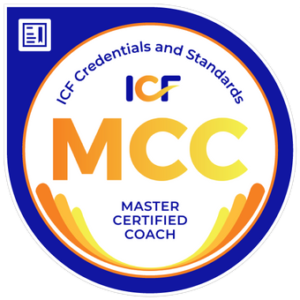
“Resentment is like drinking poison and then hoping it will kill your enemies.”
-Nelson Mandela
All of us are going to have painful experiences in our life. If we learn how to face those experiences and learn how to overcome them, we’re going to be much more successful and we’re going to be able to move forward. That’s really what coaching is about, is creating and designing a life and work that you want. So, here are seven steps to win over hurts, disappointments, and painful challenges.
Because we have these hurts, because we have these unresolved disappointments, because we haven’t learned how to forgive ourselves or other people, it keeps us in a prison. It keeps us from going forward.
The first thing I want you to do is I want you to think about some of the painful challenges you have had in your own life so far. It can be of any magnitude: small, medium or large. Now, think of your success story when you went through something painful, and you handled it successfully.
As you think back on how you resolved that period of your life, I think you’ll find it wholly, or in part, followed a path similar to these seven steps.
Write and verbalize what you hated in that particular hurt, disappointment, or painful challenge.
What could you not stand in that situation? What caused you to be so angry? Go ahead and write it. Say it. Get it out. Number one, write and verbalize what you hated in that situation. What you couldn’t stand, what you were angry about.
Write and verbalize how you were hurt.
How did you feel? How were you disappointed in that particular hurt?. Get vulnerable. Get real with that hurt and sadness.
Write and verbalize what you were afraid of.
You’re going from hate to hurt and now we’re going to fear. These are three toxic emotions that if we don’t face them will keep us in prison emotionally, mentally, and even successfully.
Write and verbalize what you are sorry for.
Now you’re turning the mirror on yourself. You’re starting to say, “Was there anything that I said I did that I’m sorry for? Was it the way I responded?” This is also the time when you begin to give self-compassion and forgiveness to yourself.
Write and verbalize what you wanted during this challenging time.
What did you really want? What was your hope? What was your aspiration? Was it safety? Was it kindness? Was it compassion? The more specific you are in this process, the more powerful it can be for you.
Write and verbalize what you now understand about the situation.
What do you understand now about yourself? What do you understand about the other person? What do you understand about life and reality? How are you wiser?
Finish this sentence, “I forgive you for…”
How do you forgive and move on for yourself, for that situation, for that other person?
Proverbs says, “…though, the righteous fall seven times, they rise again…” Good people fall. Good people struggle with hurts, pain, bitterness, resentment. But even in the shadow of that disappointment we can move to the light and be free. We can fulfill our purpose.
What hurt have you had in your life and how did you move past it? Did you offer genuine forgiveness from your heart?
This is at the heart of what coaching is about. It’s helping people to see what they really want personally and professionally. So, follow these seven steps. Write out your answers and get clarity on your thoughts, beliefs, and emotions. Then verbally do it with a counselor, coach, or even a support group or mastermind.
If you need help finding your way past hurt and disappointment, or if you need a coach or mentor to guide you through and help you gain clarity, schedule your Ask Brent Anything call HERE.





